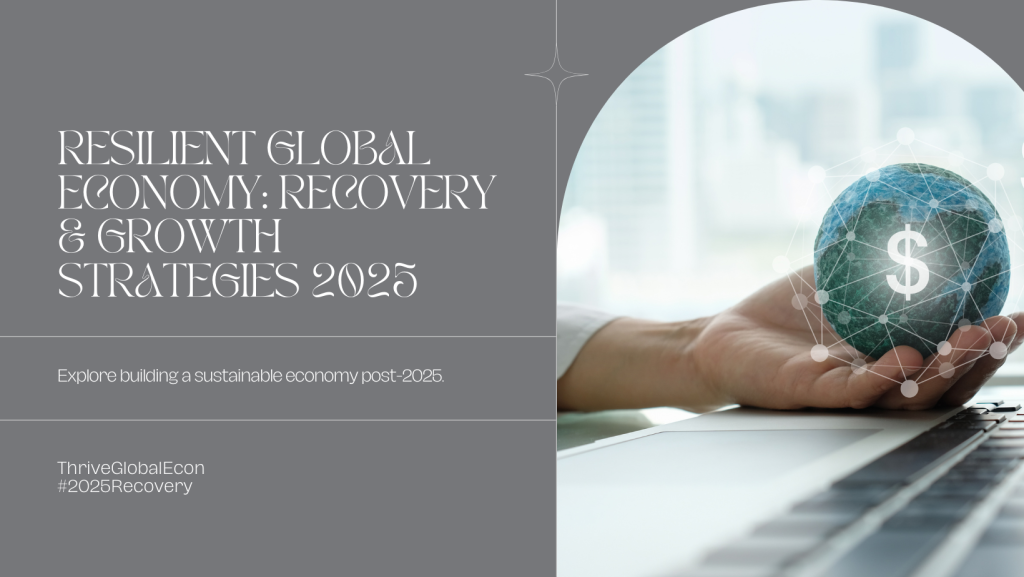As the world continues to grapple with the ongoing impacts of the COVID-19 pandemic, building a resilient global economy in 2025 requires a concerted effort to promote recovery, resilience, and sustainable growth. From fiscal stimulus measures and monetary policy support to structural reforms and investment in infrastructure, governments and policymakers must implement a range of strategies to stimulate economic activity, create jobs, and support businesses and households.
One key priority for building a resilient global economy is addressing the unequal impact of the pandemic on different sectors, regions, and demographic groups. From small businesses and low-income households to marginalized communities and developing countries, the pandemic has exacerbated existing inequalities and disparities, widening the gap between the haves and the have-nots. By implementing targeted support measures and social safety nets, governments can ensure that the benefits of recovery are shared equitably and inclusively across society.
Another priority is promoting sustainable and inclusive growth that prioritizes environmental sustainability, social equity, and economic resilience. From investing in renewable energy and green infrastructure to promoting digital inclusion and skills development, governments and businesses can support the transition to a more sustainable and resilient economy. By harnessing the power of innovation, entrepreneurship, and collaboration, we can build back better from the pandemic and create a more prosperous, equitable, and sustainable future for all.
In conclusion, building a resilient global economy in 2025 requires a comprehensive and coordinated approach that addresses the immediate challenges of recovery while laying the foundation for long-term sustainable growth. By prioritizing equity, sustainability, and resilience in our economic policies and practices, we can emerge stronger from the pandemic and create a more prosperous and inclusive world for future generations.


